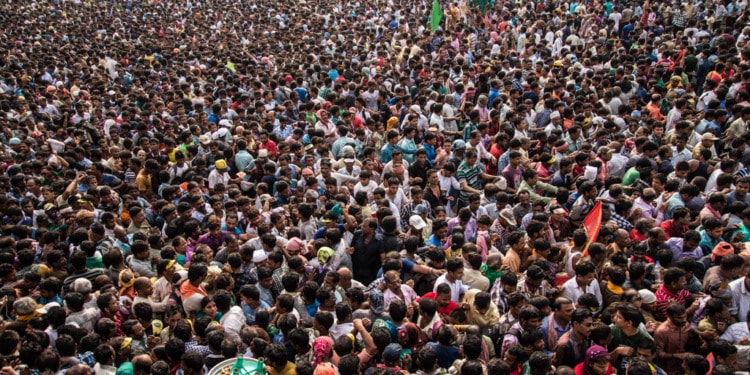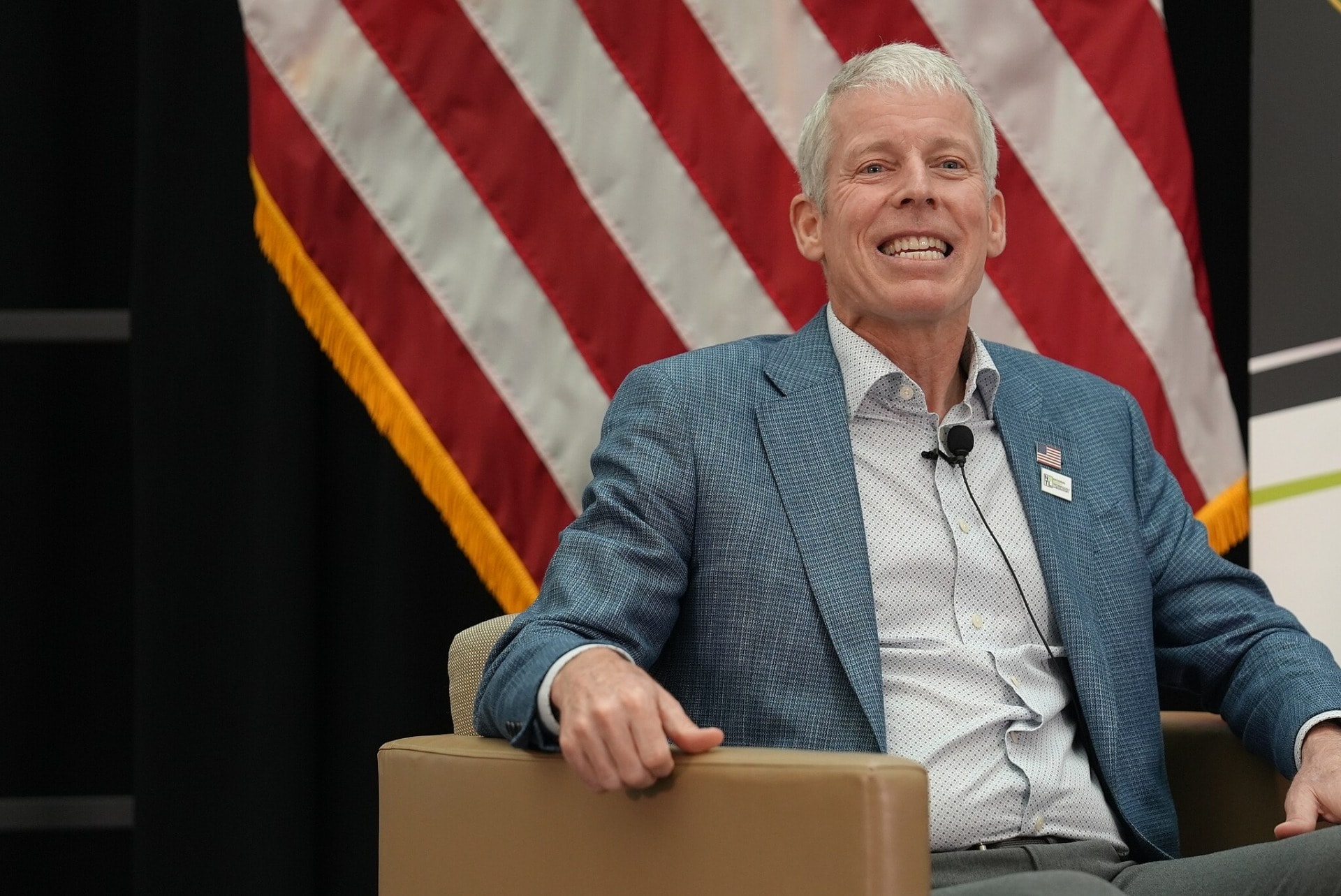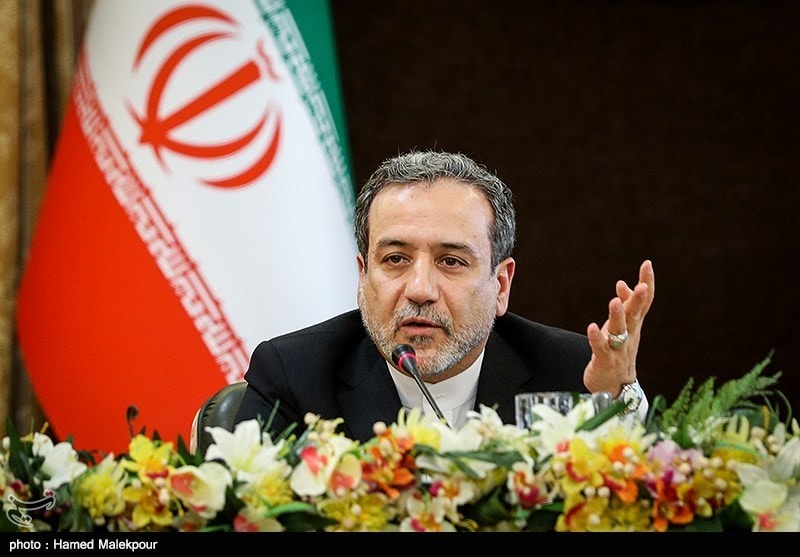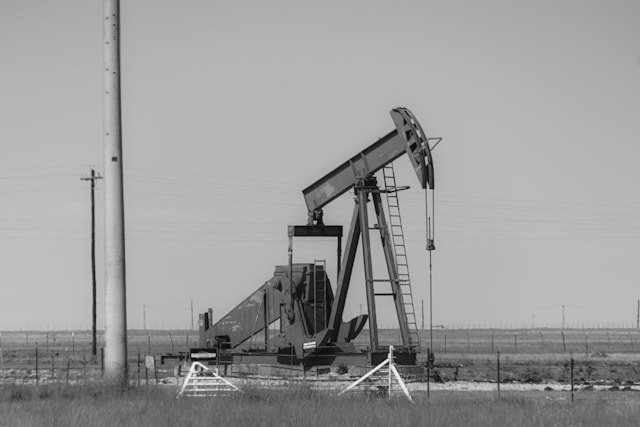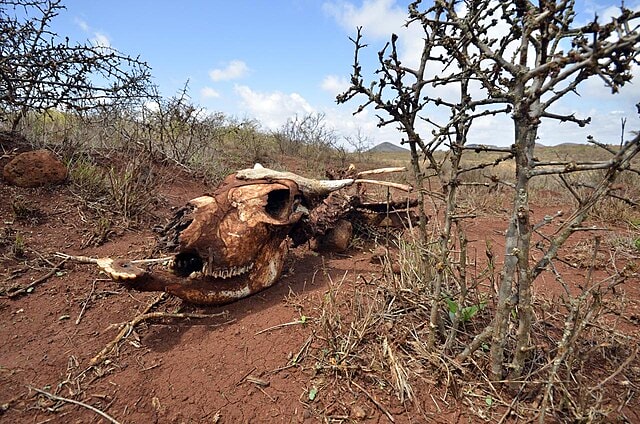According to the United Nations’ latest estimates, announced on this year’s World Population Day, the eight billionth person on this planet is expected to be born on November 15 while India is set to overtake China as the world’s most populous count in 2023.
The first World Population Day was celebrated back on July 11, 1990, in more than 90 countries across the world. The roughly three-decade-old holiday was created by the UN General Assembly to celebrate human progress but also to increase awareness of the rising population and the issues that stem from it, including environmental and health problems.
In accordance with the rise in population, the theme for this year’s World Population Day was “[a] world of 8 billion: Towards a resilient future for all — Harnessing opportunities and ensuring rights and choices for all.”
New world population projections
According to UN figures, in 2023 India is set to overtake China as the world’s most populous country with 1.4 billion people.
The world is also expected to hit 8 billion inhabitants this November — a record population rate compared to previous years.
Yet despite the increase in population, the UN reports that population growth is actually the slowest it has been since the 1950s — falling fertility rates in the past decade being the main contributor to the decline.
In the early 1970s, women had on average 4.5 children each. By 2015, this number fell to 2.5 children per woman, with global fertility rates now starting to drop below 2.1 children per woman.
China has the lowest fertility rate of 1.15 children per woman and just recently announced their population is due to decline in the next year. Low fertility rates have almost certainly contributed to China’s one-child policy enacted back in 2016, yet with the population now on the decline, China is introducing incentives for couples to have two or more children.
In fact, low fertility rates appear to be happening globally — even in countries where the population is growing. The main contributor to the change is the shift in lifestyle with more individuals and couples having fewer children than generations prior.
Population reaches 8 billion: How we got here
“It took hundreds of thousands of years for the world’s population to grow to one billion — then in just another 200 years or so, it grew sevenfold,” the UN explains.
By 2011, the population had hit seven billion people and a decade later, in 2021, the population teetered on the edge of eight billion with 7.9 billion persons across the globe. The population is now expected to reach eight billion persons by November 15 of this year and peak in 2080 at 10.4 billion persons — yet some demographers believe this number could happen even sooner.
As the population grows closer to the eight billion mark, UN Secretary-General Antonio Guterres calls for celebration of the milestone on World Population Day.
“This year’s World Population Day falls during a milestone year, when we anticipate the birth of the Earth’s eight billionth inhabitant,” said Guterres. “This is an occasion to celebrate our diversity, recognise our common humanity, and marvel at advancements in health that have extended lifespans and dramatically reduced maternal and child mortality rates.”
On #WorldPopulationDay, let's focus on every person.
On ensuring our world can support our needs & those of future generations.
On protecting human rights & the ability of all individuals to make informed choices about whether & when to have children.
On leaving no one behind.
— António Guterres (@antonioguterres) July 11, 2022
As Guterres points out, alongside the increase in population comes an increase in people surviving to reproductive age and an increase in urbanization.
Life expectancy changed from 64.6 years in the 1990s’ to 72.6 years in 2019 — eight more years of life added in less than 30 years.
In addition to longer living, a high level of urbanization is becoming increasingly more present, with the UN estimating that by 2050, roughly 66% of the world population will be living in cities.
Population growth can also be attributed to more advanced medicine and science developments, meaning more children are surviving until adulthood and more adults are living longer.
The trend is supposed to continue, with the global average life expectancy age predicted to rise to 77.2 years by 2050.
In the next 30 years, the majority of population growth will be seen in just eight countries: The Democratic Republic of the Congo, Egypt, Ethiopia, India, Nigeria, Pakistan, the Philippines and Tanzania.
Yet an increase in population also poses health and environmental complications
Although World Population Day is part a celebration of human progress, the UN stresses the importance of remembering, recognizing and addressing the plethora of issues the population faces.
“At the same time, [World Population Day] is a reminder of our shared responsibility to care for our planet and a moment to reflect on where we still fall short of our commitments to one another,” said Guterres. “Amidst COVID-19, the climate crisis, wars and conflicts, humanitarian emergencies, hunger and poverty, our world is in peril.”
On the occasion of #WorldPopulationDay, let us be sensible towards the issues of population growth and inculcate informed choices on child bearing.
Or #StaySingle like me and together we can contribute towards a sustainable future.
Come join the singles movement today. pic.twitter.com/geAKZ64bSr
— Temjen Imna Along (@AlongImna) July 11, 2022
In May of this year, the world hit another rather grimmer milestone of more than 100 million forcedly displaced around the world — something that could be a result of the rise in population and Ukraine-Russia war.
More people also implies higher demand for resources that are already scarcely available, such as water, land, trees and fossil fuels, among other things.
Across the world, water crises are becoming ever so present as drought linked to the effects of climate change plagues the globe. Just last month, water crises hit both Italy and parts of the Western United States.
Both a day of celebration and a day of vigilance, World Population is a combination of celebrating human evolution and being wary of its implications — especially as these “implications” are already present and ever so threatening.
“In an ideal world, eight billion people means eight billion opportunities for healthier societies empowered by rights and choices,” said a statement by the UN. “But the playing field is not and has never been even. Based on gender, ethnicity, class, religion, sexual orientation, disability and origin, among other factors, too many are still exposed to discrimination, harassment and violence. We do ourselves no favors when neglecting those left behind.”
Editor’s Note: The opinions expressed here by Impakter.com columnists are their own, not those of Impakter.com. — In the Featured Photo: Crowd of people photographed on June 29, 2014. Source: Jagannatha Puri Rath Yatra 2014, Flickr.


